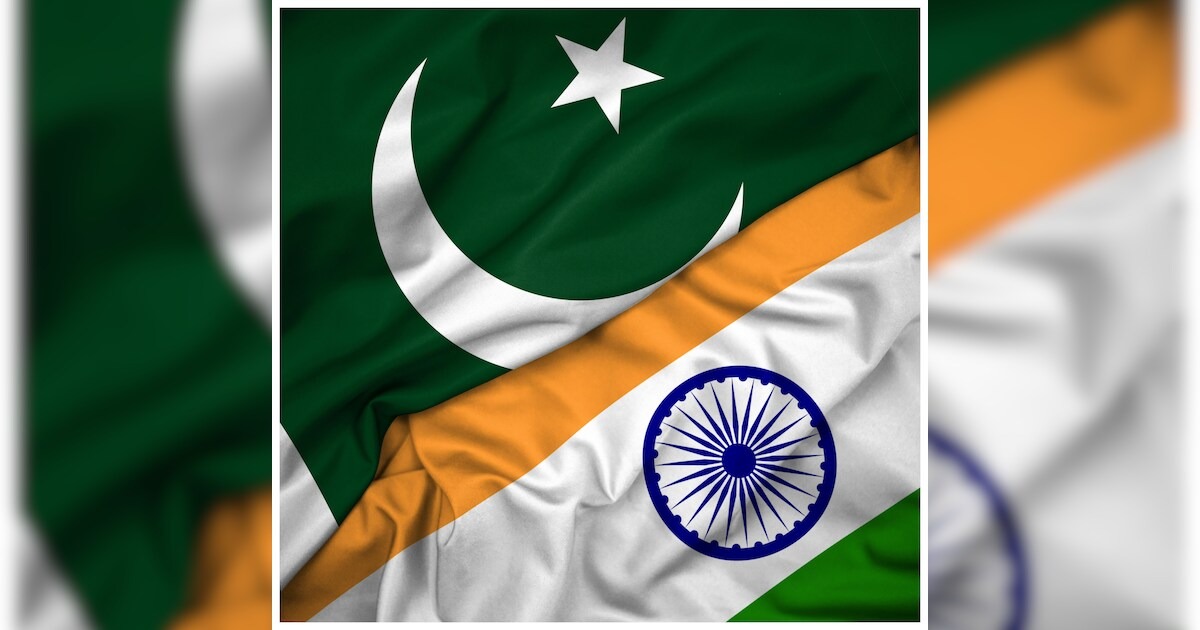
Follow WOWNEWS 24x7 on:
Updated: June 29, 2025 08:18

In a stinging diplomatic response, India's Ministry of External Affairs (MEA) has flatly refuted Pakistan Army's claim that India was culpable for a fatal suicide attack in North Waziristan. The blast, which killed 13 Pakistani security officials, has escalated tensions following a broader increase in terror-linked violence in the region.
Diplomatic Flashpoint
The suicide bombing in Khyber Pakhtunkhwa's North Waziristan district on June 28 was blamed on Indian interference by the Pakistani military.
India's MEA countered with a stern statement, labeling the allegation as baseless and not fit for serious consideration.
The MEA maintained that such grievances are merely one aspect of a trend of diversion by Pakistan to obscure its own domestic security lapses.
Incident Summary
The assault used a vehicle-borne improvised explosive device (VBIED) on a military convoy in the village of Khaddi.
Thirteen security officers were shot dead and some civilians were injured, and surrounding houses were also destroyed.
Radical organization Fitna-al-Khawarij had reportedly taken responsibility for the attack.
Security Context
The strike follows a series of violent incidents in Waziristan, such as the recent intelligence-based operation in South Waziristan targeting two soldiers and 11 militants.
Pakistan is now standing at number two of the Global Terrorism Index 2025, with a 45 percent rise of terrorist deaths over the past year.
The Pakistan Institute for Conflict and Security Studies reported 85 May attacks, up from 81 in April.
India's Position
The MEA reiterated that India remains committed to regional peace and stability.
It demanded Pakistan to focus on eliminating the roots of terrorism on its soil rather than blaming other nations.
Indian officials also highlighted the need for proper international oversight of Pakistani counter-terrorism efforts.
Regional Implications
The exchange highlights the precarious security dynamics of South Asia, where border allegations have a propensity to derail diplomatic advancements. Experts caution that such stories, if unchecked, may galvanize public opinion, making it more difficult to pursue backchannel de-escalation.
Sources: Economic Times, India TV News, Times of India, NewsX, The Dawn, MSN News



